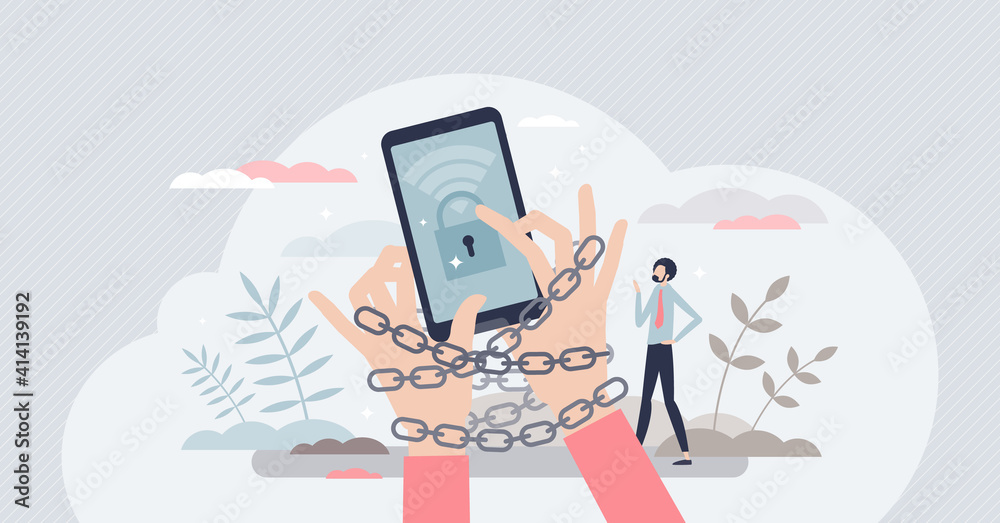How To Recognize And Control Internet Addiction
The internet is an important part of our daily lives, but you can limit it from taking over. In an age when everything we do is done online, it's easy to lose track of how much time we spend connected to the virtual world.
What exactly is internet addiction?
An addiction to being online can take many forms and affect people of all ages. You are not alone if you feel the need to be online at all times. Depression, dishonesty, worry, procrastination, and avoidance of work are some warning indicators to look out for.
Types of internet addiction:
• Gaming addiction: You are so concentrated on playing online that it interferes with other elements of your life. If you are consistently skipping meals, skipping sleep, or neglecting relationships, you may have a gaming addiction.
• Obsessive information seeking: You are continually on the lookout for new knowledge. While learning new things is a commendable endeavor, the availability of information provided by the internet may be overwhelming. People who participate in this may experience anxiety, tension, and exhaustion.
• Cyber relationship addiction: When a person neglects sleep, obligations, or other responsibilities in order to pursue an internet connection. As a result, someone entrenched in this world may have limited social skills, making it simpler for them to return to the convenience of online dating.
• Net compulsions: Online behaviors such as shopping, gambling, and other activities. When done seldom, they might be harmless activities on their own. When they become addictive, though, they might cause financial troubles. And with that comes greater stress, making it easy to revert to this way of life.
Recognizing the problem:
Mental Health America suggests going over these statements to check if you are addicted to the internet. If you agree with the majority of them, it may be time to seek professional assistance:
• I almost always consider going online. If I'm not online, I'm thinking about the next time I'll be able to be or the last time I was.
• I need to spend more time online each time before I'm pleased.
• I've attempted to limit, cut, or eliminate my internet usage but have been unsuccessful.
• When I try to minimize the amount of time I spend on the internet or when I am unable to connect to the internet, I become angry or melancholy.
• My internet use has jeopardized a relationship with someone I care about, my career, or my
School work.
• When I'm online, I lose track of time.
• I occasionally lie to crucial individuals in my life about the amount of time I spend on the
Internet or the types of activities I engage in.
• When I'm depressed, anxious, or lonely, being online helps me forget about my troubles or
Improves my attitude.
Tips to
help stop internet addiction:•
Limit
your online usage.Have someone monitor your online activity as part of your
accountability. Set limits, such as just using your smartphone
for internet activities for 30 minutes twice a day. It forces you to change
your routine and how you communicate with people in addition to limiting your
use.
•Find other activities
You can help out by walking pets, joining a social club, or learning to play an instrument. The idea is to engage in activities that keep you away from your smartphone or computer. Not to mention, they're a great opportunity to meet new people, develop new skills, and give back to your community.
• Out of sight, out of mind
Every day, put your smartphone or laptop away at a set time. Having it out of sight does not imply that temptation will not hit. However, even if you try to access your device, you will have time to think about it.
• Keep a journal
Journaling is a convenient way to keep track of your thoughts and online activities. It provides a distraction from going online when you are inclined to do so. You can go back through your diary entries to see how you felt at those enticing moments, and then share them with your therapist.







